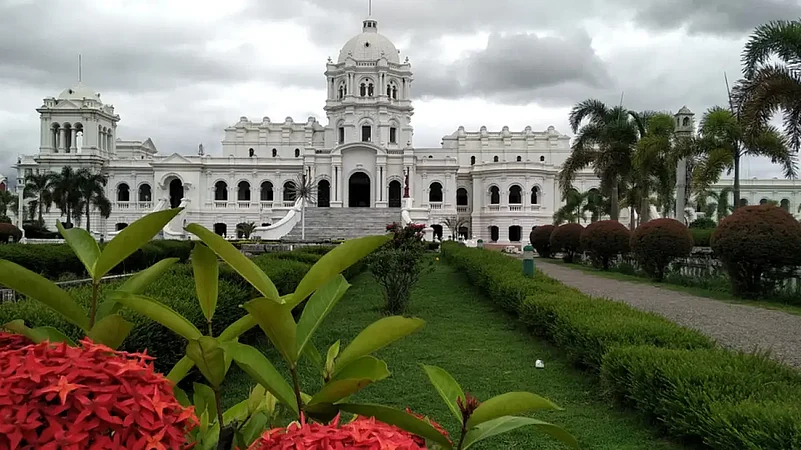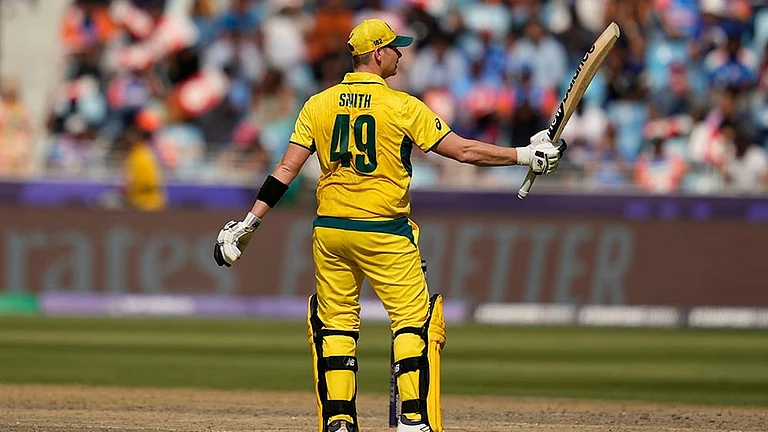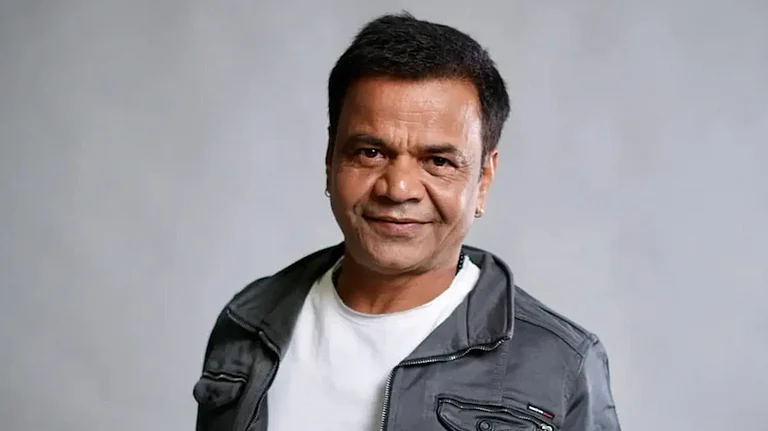A national-level museum and cultural centre is all set to be developed in Tripura. It is none other than the century-old Pushpabanta Palace which was built by the Maharaja of Tripura in 1971. Maharaja Birendra Kishore Manikya was a painter and used his scenic home as a studio. Even Rabindranath Tagore, who has close ties with the Royal family stayed at the palace in 1926.
According to media reports, the state tourism minister Pranajit Sinha Roy has sanctioned Rs 40.13 crore for the development of the heritage structure of Maharaja Birendra Kishore Manikya Museum and Cultural Centre. The museum will showcase the rich heritage of all the Northeastern states, fine arts of Southeast Asian, contemporary photography, and national as well as international archives. The building will have a strong British colonial influence and neo-classical features.
It is proposed to be a three-storied building which is constructed with brick-load bearing walls which are set in lime mortar. The secretariat building located at the entry gate will be used as a cloakroom, cafeteria, library and souvenir shop. The ground floor of the Durbar Hall will be converted into an archive store which will have research facilities and restoration labs.
According to experts, in May 1941, Tagore’s 80th birthday was celebrated by Maharaja Bir Bikram Kishore Manikya during a programme here. The museum will also feature Tagore’s visit to the Pushpabanta Palace. Tagore in total had visited Tripura seven times.
In 1949, the princely state merged with the India union. It was initially converted into the chief commissioner’s bungalow and later converted into Raj Bhavan in 2018. In 2018, the Raj Bhawan was finally shifted to a new building.





















